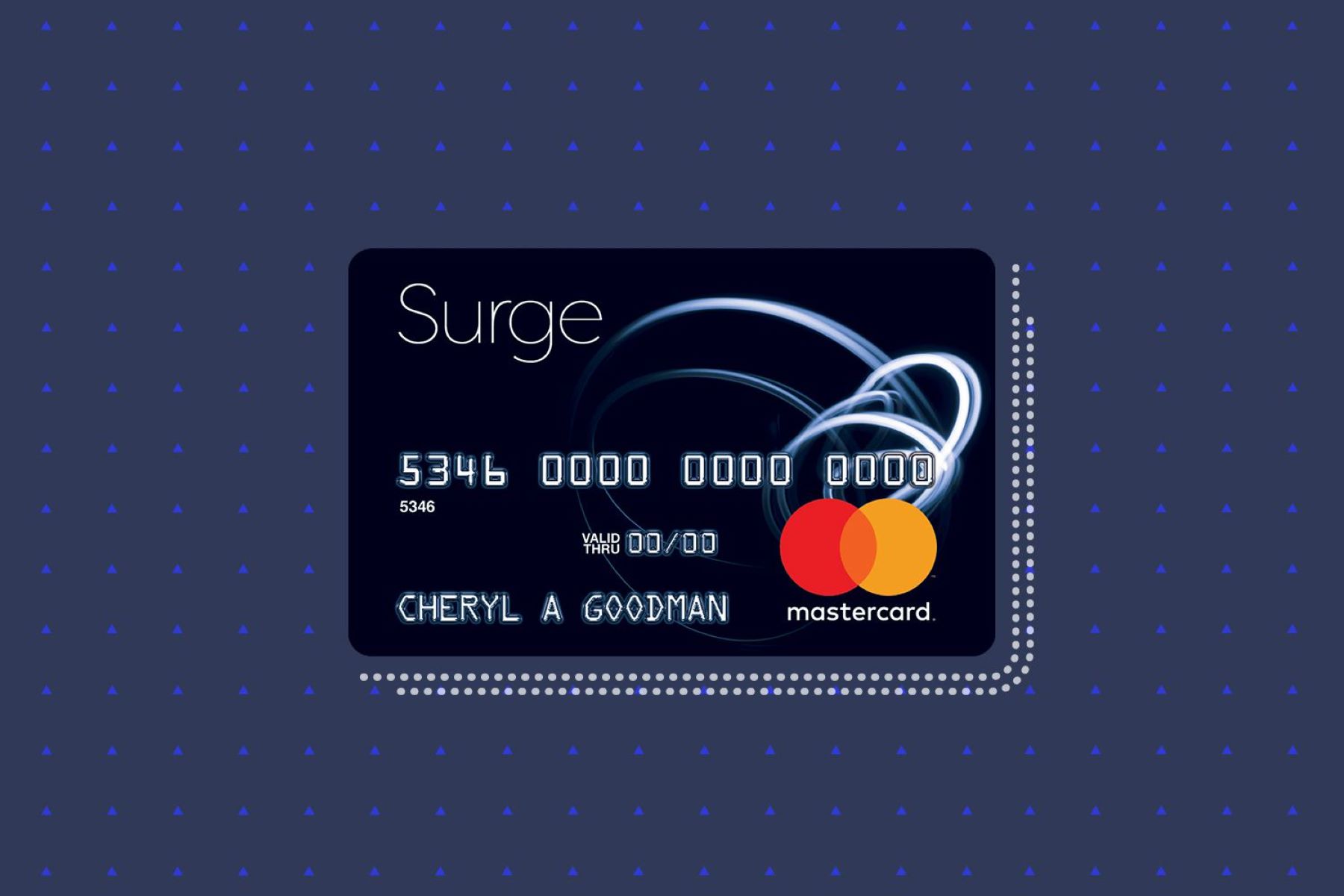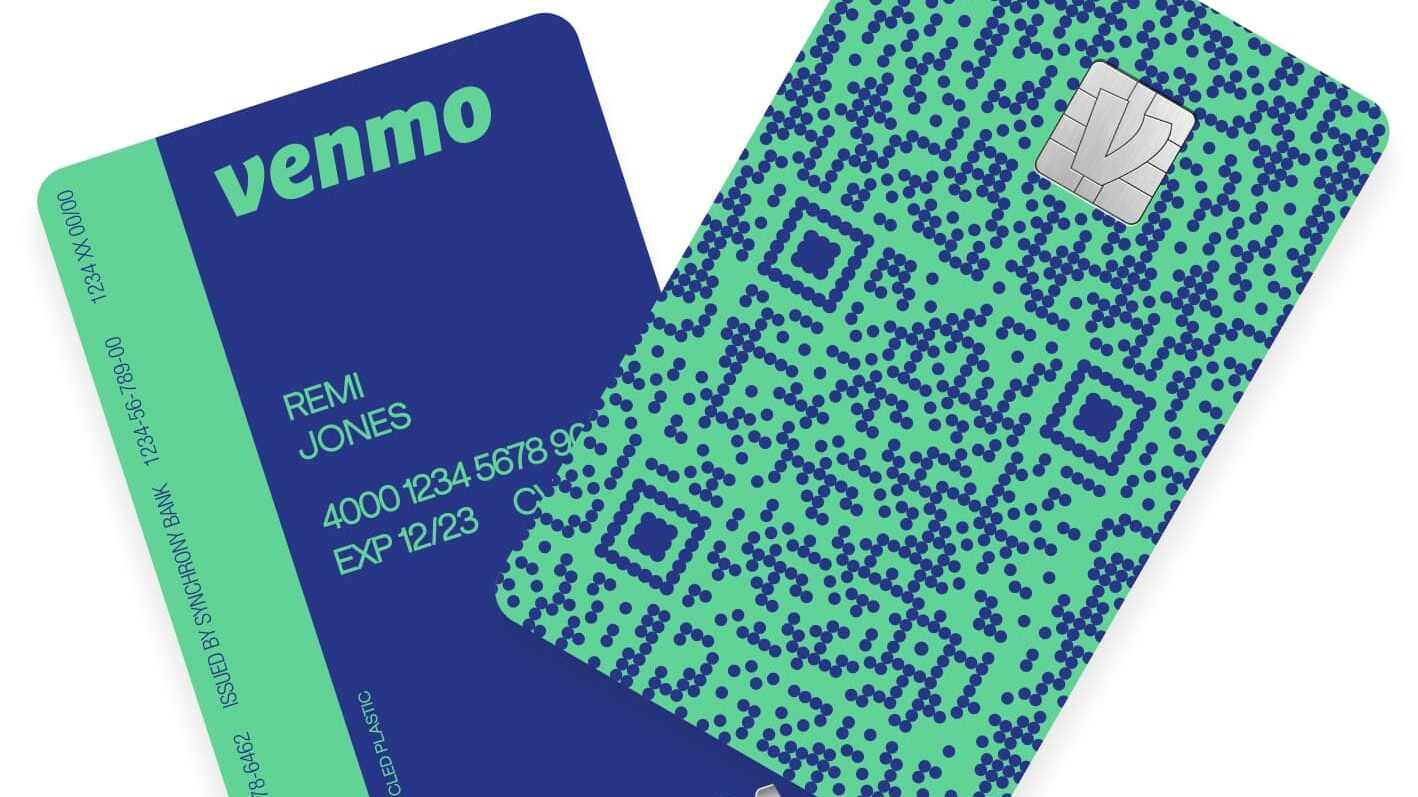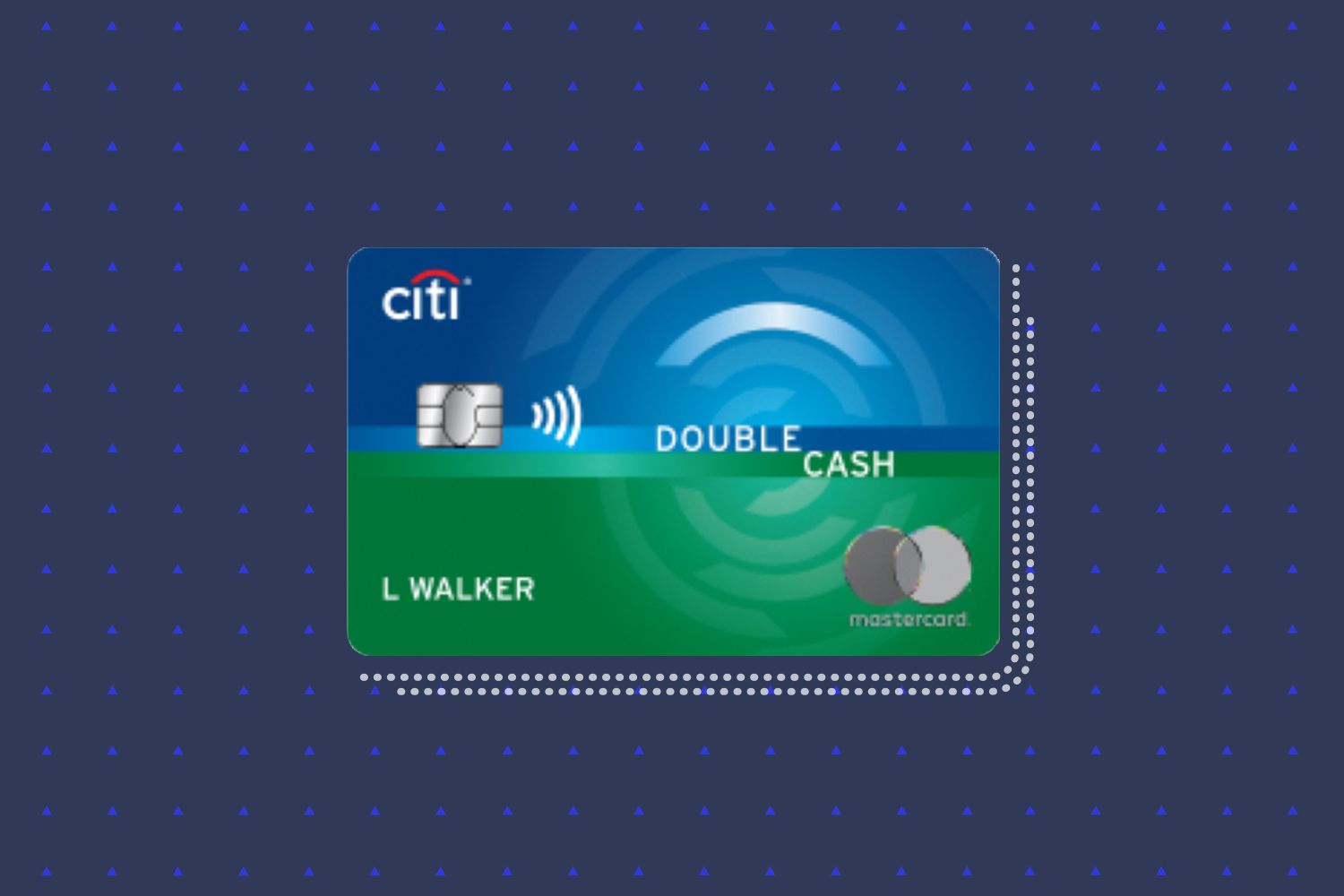Home>Finance>What Credit Score Do You Need For A Citi Credit Card


Finance
What Credit Score Do You Need For A Citi Credit Card
Published: October 21, 2023
Find out the credit score required to apply for a Citi Credit Card and start managing your finances with confidence.
(Many of the links in this article redirect to a specific reviewed product. Your purchase of these products through affiliate links helps to generate commission for LiveWell, at no extra cost. Learn more)
Table of Contents
Introduction
Welcome to our guide on understanding the credit score requirements for getting a Citi credit card. Whether you’re considering applying for a Citi credit card or just want to improve your credit score, this article will provide you with valuable insights and tips to achieve your financial goals.
When it comes to credit card applications, lenders like Citi rely heavily on your credit score to assess your creditworthiness and determine whether you qualify for their credit cards. Your credit score is a numerical representation of your creditworthiness based on your credit history, and it plays a crucial role in the approval process.
Having a good credit score is essential for securing favorable interest rates, higher credit limits, and access to a wide range of financial products and services. Understanding the credit score requirements specific to Citi credit cards will help you determine your eligibility and increase your chances of approval.
In this article, we will delve into the factors that affect credit card approval, look at the specific credit score requirements for different types of Citi credit cards, and provide you with practical tips for improving your credit score.
Before we dive in, it’s important to note that while credit scores are crucial, they are not the sole determining factor in getting approved for a credit card. Other factors such as income, employment history, and existing debt also play a role in the decision-making process. However, maintaining a good credit score is a key component that significantly influences the outcome of your credit card application.
Now that we’ve set the stage, let’s explore the world of credit scores and how they impact your ability to secure a Citi credit card.
Understanding Credit Scores
Before we delve into the credit score requirements for Citi credit cards, let’s take a moment to understand what credit scores are and how they are calculated.
A credit score is a three-digit number that represents your creditworthiness. It is a quantified assessment of your credit history and reflects how likely you are to repay your debts on time. Credit scores are used by lenders, including credit card companies, to evaluate the risk of lending money to an individual.
The most commonly used credit scoring model is the FICO score, which ranges from 300 to 850. The higher your credit score, the more likely you are to be approved for credit cards and loans with favorable terms. FICO scores are calculated based on several factors:
- Payment history: This is the most crucial factor in determining your credit score. It looks at how consistently you’ve made your debt payments, including credit cards, loans, and mortgages. Late payments and delinquencies can have a significant negative impact on your credit score.
- Credit utilization: This factor looks at the amount of credit you’re using compared to your overall credit limit. It’s important to keep your credit utilization ratio low, as high utilization can indicate financial stress and negatively impact your credit score.
- Length of credit history: This factor considers the age of your credit accounts. A longer credit history generally improves your credit score, as it provides more information for lenders to assess your creditworthiness. It’s why it’s essential to start building credit at a young age.
- Credit mix: Lenders like to see a mix of different types of credit, such as credit cards, mortgages, auto loans, and student loans. Having a diverse credit mix can positively impact your credit score.
- New credit inquiries: Whenever you apply for new credit, such as a credit card or loan, it results in a hard inquiry on your credit report. Multiple inquiries within a short period can have a negative impact on your credit score.
It’s important to note that different lenders may use different credit scoring models, and each model may weigh these factors differently. However, understanding these general factors can give you a good idea of what influences your credit score.
Now that we have a basic understanding of credit scores, let’s explore the specific credit score requirements for getting a Citi credit card.
Credit Score Requirements for Citi Credit Cards
Citi offers a wide range of credit cards tailored to different individuals’ needs, from travel rewards cards to cashback cards and more. The credit score requirements for Citi credit cards may vary depending on the specific card you are applying for. While Citi doesn’t publicly disclose the exact credit score requirements for its credit cards, there are general guidelines to keep in mind.
For Citi’s entry-level credit cards, such as the Citi® Double Cash Card or Citi® Diamond Preferred® Card, a good credit score is typically needed. A good credit score ranges from 670 to 739, according to the FICO scoring model. However, even if your credit score falls below this range, you may still qualify for these cards depending on other factors like income and existing relationship with Citi.
For Citi’s premium credit cards like the Citi Premier® Card or Citi Prestige® Card, which offer enhanced rewards and benefits, a higher credit score is generally required. These cards typically target individuals with excellent credit scores, which fall within the range of 740 to 850 on the FICO scale. A higher credit score demonstrates a history of responsible credit management and increases the likelihood of approval for these premium cards.
It’s important to note that credit scores are not the sole determining factor for credit card approval. Other factors like income, debt-to-income ratio, and existing relationship with Citi are also considered. If you have a strong income and a positive banking relationship with Citi, you may still have a chance of being approved for a Citi credit card, even if your credit score is slightly lower than the recommended range.
Additionally, keep in mind that meeting the credit score requirements is not a guarantee of approval. Lenders consider multiple factors when evaluating credit card applications, and meeting the minimum credit score requirement does not guarantee automatic approval.
It’s always a good idea to research the specific credit card you are interested in and check with Citi directly to understand the credit score requirements and any additional criteria for approval.
Now that we have a better understanding of the credit score requirements for Citi credit cards, let’s explore the other factors that can influence credit card approval.
Factors Affecting Credit Card Approval
While credit scores play a significant role in credit card approval, they are not the only factor that lenders consider. There are several other factors that can impact your chances of getting approved for a credit card, including:
- Income: Lenders like to see a stable and sufficient income when evaluating credit card applications. A higher income can increase your chances of approval and may also qualify you for higher credit limits.
- Debt-to-Income Ratio (DTI): Your DTI is a measure of how much of your monthly income goes towards paying off existing debts. Lenders prefer a lower DTI as it indicates a lower risk of overextending your credit and struggling with repayments.
- Existing relationship with the bank: If you already have an existing bank account or relationship with the credit card issuer, such as Citi, it could work in your favor. Banks may consider your relationship history when assessing your creditworthiness.
- Credit history: In addition to credit scores, lenders review your credit history to assess your creditworthiness. They look at factors such as the length of your credit history, the types of credit you have, and your repayment patterns.
- Recent credit applications: Multiple credit applications within a short period can raise concerns for lenders. It may suggest that you are in financial distress or seeking credit beyond your means.
- Bankruptcy or delinquencies: Having a history of bankruptcy or delinquencies can significantly impact your creditworthiness and decrease your chances of credit card approval. Lenders are cautious about extending credit to individuals with a history of financial difficulties.
It’s important to note that each credit card issuer may have slightly different criteria and weight these factors differently. Therefore, it’s essential to check with the specific credit card issuer, such as Citi, to understand the factors they prioritize in their approval process.
By considering these factors, you can have a better understanding of what credit card issuers like Citi are looking for in applicants. Taking steps to improve these factors, such as increasing your income, paying down debts, and maintaining a positive credit history, can increase your chances of credit card approval.
Now that we’ve explored the various factors that affect credit card approval, let’s move on to practical tips for improving your credit score.
Tips for Improving Your Credit Score
If you’re looking to improve your credit score to increase your chances of getting approved for a Citi credit card or any other credit card, here are some effective tips to help you on your journey:
- Pay your bills on time: Your payment history is a significant factor in determining your credit score. Make sure to pay all your bills, including credit card payments, loan repayments, and utility bills, on time. Set up automatic payments or reminders to ensure you don’t miss any due dates.
- Manage your credit card balances: Keep your credit card balances low in relation to your credit limits. Aim to keep your credit utilization ratio below 30%, as high credit utilization can negatively impact your credit score. Consider making multiple payments throughout the month to keep your balances low.
- Build a long credit history: Credit history length is an important factor in determining your creditworthiness. Start building credit early and responsibly by opening a credit card or becoming an authorized user on a family member’s card. Maintain a long-standing credit history to establish a positive track record.
- Monitor your credit report: Regularly check your credit report for errors or discrepancies that may negatively impact your credit score. If you find any inaccuracies, dispute them with the credit bureaus to have them corrected.
- Minimize new credit applications: Be cautious about applying for multiple credit cards or loans within a short period. Each credit application results in a hard inquiry, which can temporarily lower your credit score. Only apply for credit when necessary and do your research to ensure you meet the credit score requirements before applying.
- Pay off debts strategically: Prioritize paying off high-interest debts first to save on interest payments and improve your credit utilization. Consider using the debt snowball or debt avalanche method to systematically pay off your debts.
- Establish a budget: Create a budget and stick to it to ensure you can make timely payments and manage your debts effectively. Track your expenses, prioritize savings, and avoid unnecessary debt to maintain a healthy financial profile.
- Seek professional guidance if needed: If you’re struggling with managing your finances or improving your credit score, consider reaching out to a financial advisor or credit counseling agency. They can provide expert guidance tailored to your unique situation.
Remember, improving your credit score takes time and discipline. Stay consistent with good financial habits, and you’ll see your credit score gradually improve over time.
Now that you have a better understanding of how to improve your credit score, let’s wrap up our guide on credit score requirements for Citi credit cards.
Conclusion
Credit scores play a vital role in determining credit card approval, including for Citi credit cards. While Citi doesn’t publicly disclose exact credit score requirements, it’s generally recommended to have a good to excellent credit score to increase your chances of approval for Citi credit cards. However, remember that credit scores are not the sole determining factor, and other factors such as income, debt-to-income ratio, and existing relationship with Citi also come into play.
Understanding the factors that affect credit card approval and taking steps to improve your credit score can greatly enhance your chances of being approved for a Citi credit card. Paying your bills on time, managing your credit card balances responsibly, maintaining a long credit history, and minimizing new credit applications are all important strategies to focus on.
Additionally, it’s crucial to regularly monitor your credit report for errors and discrepancies, establish a budget, and seek professional guidance if needed. By adopting these practices, you can not only improve your credit score but also develop healthy financial habits that will serve you well in the long run.
Keep in mind that credit card approval is not guaranteed solely based on meeting the credit score requirements. It’s always recommended to research the specific credit card you’re interested in and consult with the credit card issuer, such as Citi, to understand their specific criteria and guidelines.
Remember, improving your credit score is a journey that requires patience, discipline, and consistency. By focusing on responsible financial habits, you can increase your chances of being approved for a Citi credit card and unlock the benefits and rewards that come with it.
Good luck on your journey to a better credit score and financial success!














